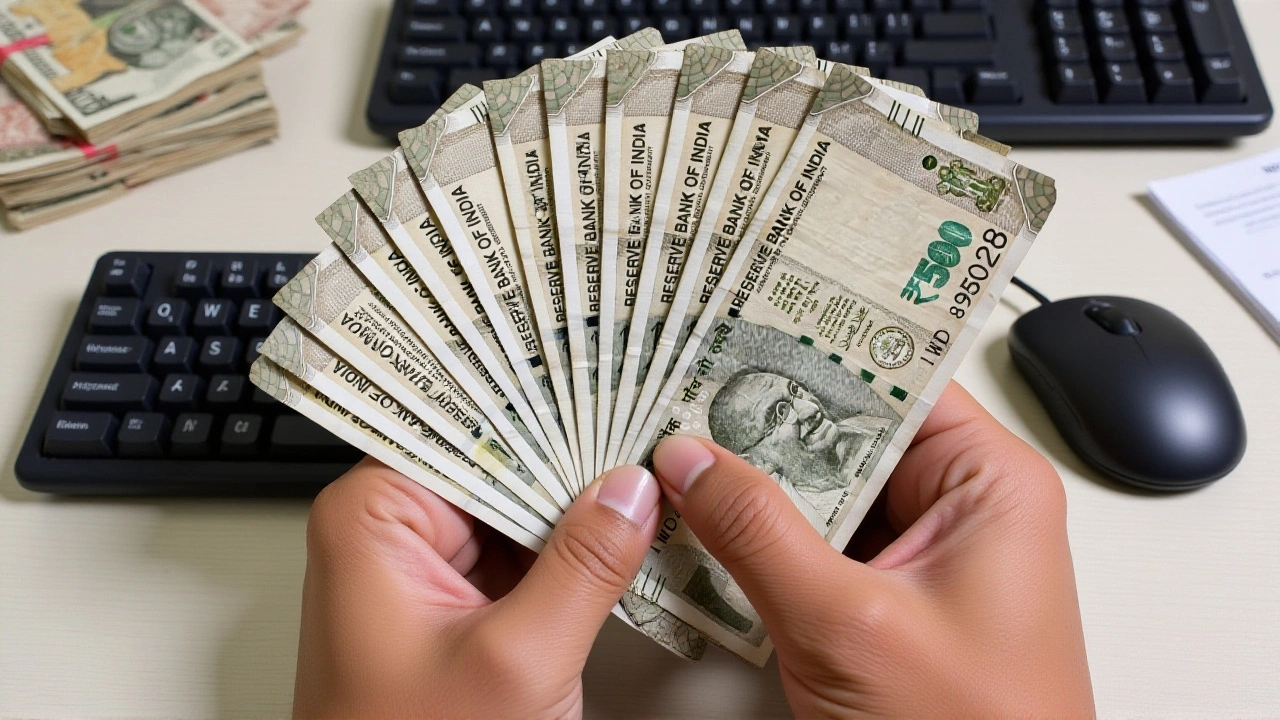Salary Hike: What’s Really Behind Pay Raises in Africa
When someone talks about a salary hike, a planned increase in an employee’s pay, usually tied to performance, inflation, or economic pressure. Also known as pay raise, it’s not just a number on a payslip—it’s survival in places where the cost of living keeps climbing faster than wages. In many African countries, a 5% raise might sound good… until you realize groceries, fuel, and rent jumped 20%. People aren’t asking for luxury—they’re asking to keep up.
It’s not just about individual employers. inflation, the rate at which prices for goods and services rise, eroding purchasing power is the silent thief. In Nigeria, Kenya, and Ghana, workers have seen their real income shrink for years, even when nominal salaries ticked up. Meanwhile, cost of living, the amount of money needed to sustain a certain standard of living, including housing, food, transport, and healthcare has become a political issue. When MPs in Kenya grill a public servant over delays in the Sh30 billion NYOTA youth program, they’re really asking: why can’t we afford to pay people fairly? And when Aliko Dangote praises Nigeria’s oil reforms, he’s not just talking about barrels—he’s talking about whether those profits ever reach the workers who keep the system running.
There’s a pattern here. Salary hikes don’t happen in a vacuum. They’re shaped by employment, the state of having paid work, including job availability, worker rights, and wage negotiation power conditions across sectors. In formal jobs, unions push for raises. In informal markets, people just hope their business stays afloat. And in government, politics often decides who gets left behind. You won’t find a single formula for a fair raise because every country, every industry, every worker has a different story. Some get raises after strikes. Others wait years. Some get nothing at all.
What you’ll find below are real stories from across Africa—workers fighting for dignity, companies struggling to pay, and leaders making decisions that ripple through households. These aren’t abstract economic reports. These are people trying to feed their kids, pay school fees, or just keep the lights on. If you’ve ever wondered why a raise feels out of reach, these posts will show you exactly why.
8th Pay Commission Approved: 11.5 Million Govt Employees and Pensioners to Get 30-34% Raise from Jan 2026
By Sfiso Masuku On 28 Oct, 2025 Comments (15)

The Union Cabinet approved the 8th Central Pay Commission on October 28, 2025, with a 30-34% salary hike for 50 lakh employees and 65 lakh pensioners set for January 1, 2026, led by former Supreme Court judge Ranjana Prakash Desai.
View More




